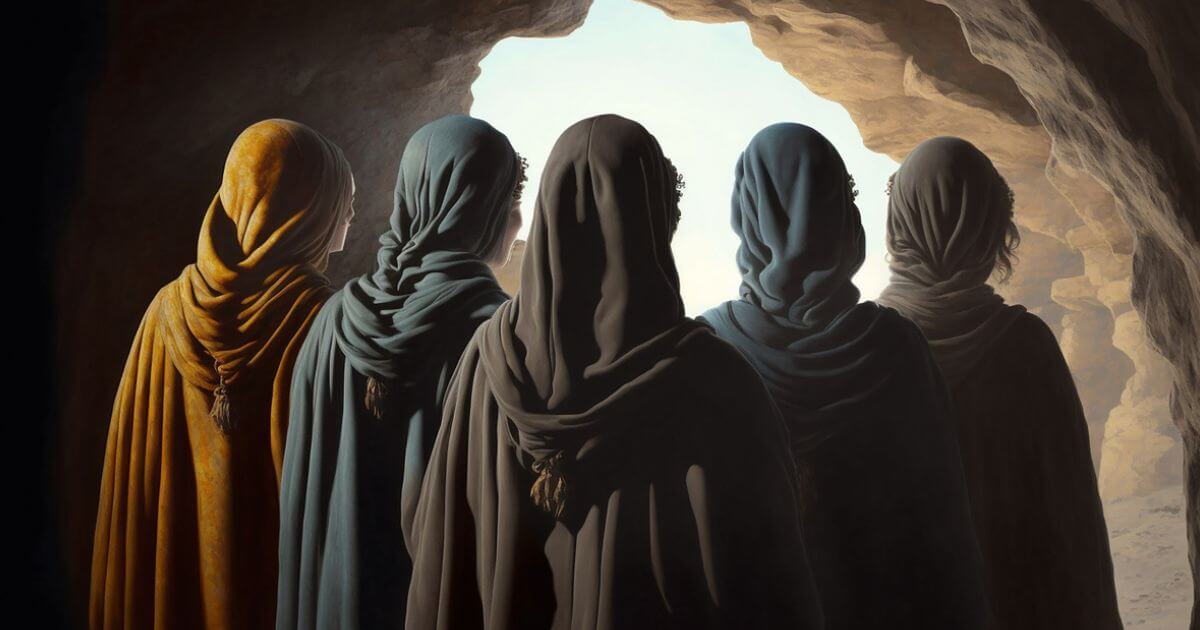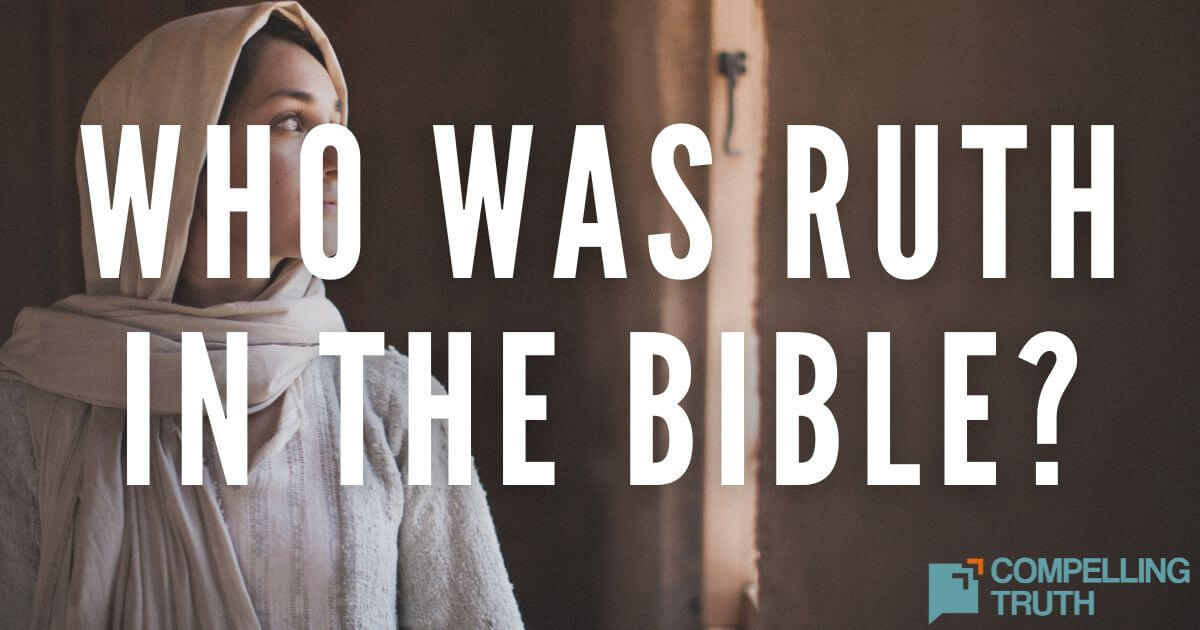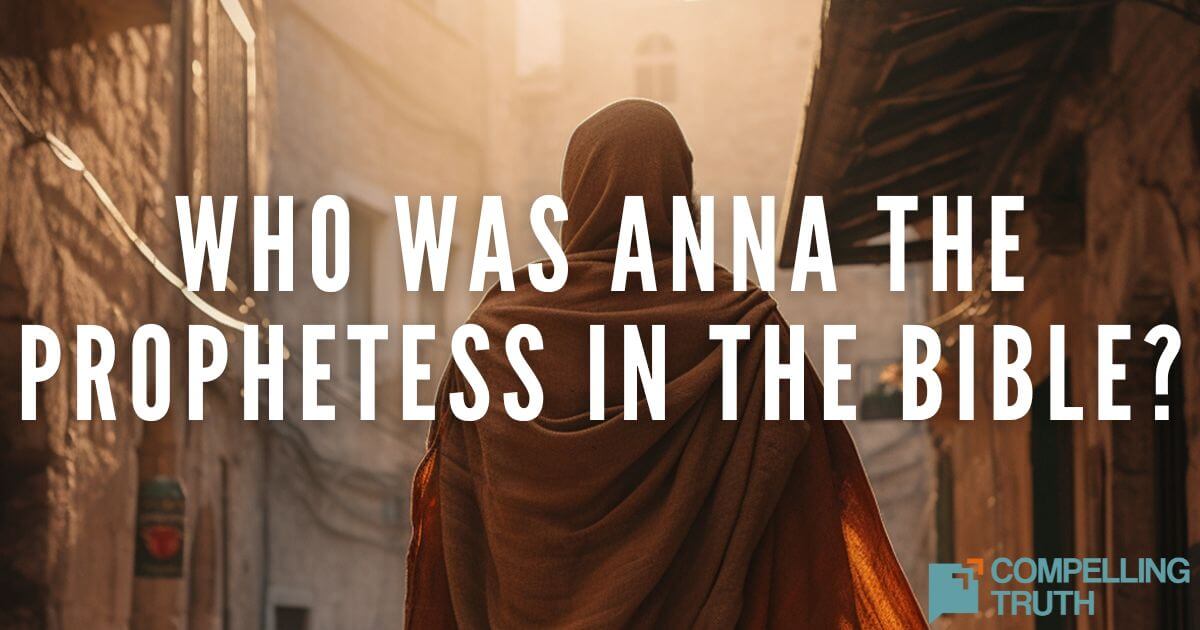what does the bible say?
While there are relatively few women mentioned in the Bible compared with the number of men, the Bible actually records more about women than would be expected of a book written during ancient times. Most societies throughout history were patriarchal where women had little influence in the home, in politics, or in religion. While the Bible also reflects this type of society, it records many instances of women playing vital roles in God's plan for humanity. Below are several examples.




